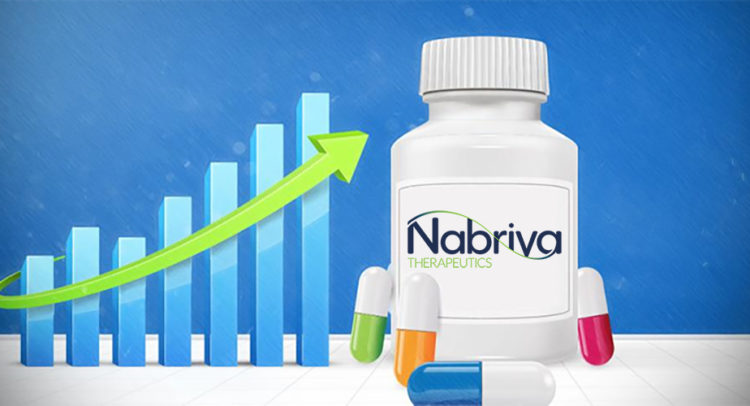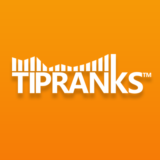As a general rule, when you hear about a tiny biotech “partnering” with a Big Pharma giant to market a drug, it’s the smaller company that’s doing all the work — and the larger company that’s providing the marketing heft (and the money to market the drug). But this news is a bit different. In fact, it’s the exact opposite of what you’d ordinarily expect.
Don't Miss Our Christmas Offers:
- Discover the latest stocks recommended by top Wall Street analysts, all in one place with Analyst Top Stocks
- Make smarter investments with weekly expert stock picks from the Smart Investor Newsletter
Nabriva Therapeutics (NBRV), a microcap biotech based in Dublin, Ireland, announced Thursday that it will partner up with American Big Pharma giant Merck (MRK) to market Merck’s “SIVEXTRO” antibiotic for treating acute bacterial skin and skin structure infections (ABSSSI) caused by Gram-positive pathogens (bacteria that produce a crystal violet stain result when subjected to the Gram stain test).
SIVEXTRO is used to treat such common conditions as abscesses, cellulitis, and wound infections often caused by Staphylococcus aureus and Streptococcus pyogenes.
Merck owns the rights to SIVEXTRO, originally approved by the US Food and Drug Administration in 2014. Nabriva will be buying SIVEXTRO produced by Merck “at specified prices” — with no upfront payment due to Merck — then turning around and marketing, selling, and distributing the drug to its U.S. customers with “commercial and sales services” assistance from privately-held Amplity Health. The agreement gives Nabriva these rights initially through the end of 2023 (sales are expected to begin on January 1, 2021). Absent cancellation by either party, the agreement will automatically renew for three-year-long extensions following that initial period.
Northland analyst Carl Byrnes explained the significance of this development for Nabriva in a “flash note” issued shortly after the announcement.
In essence then, the significance of this deal is this: Nabriva is obtaining the right to buy and resell a commonly used antibiotic, incurring no costs to develop it, no upfront cost to acquire its rights, and Nabriva can enjoy whatever profit margin it is able to build into the difference between the prices it pays Merck to buy the drug, and the prices it can convince its customers to pay. Nabriva doesn’t even incur much in the way of fixed costs, as its agreement with Amplity will be both “flexible and scalable.” (Merck, for its part, gets a bigger market for the drug without making any independent efforts of its own).
Byrnes believes that Nabriva is getting the better part of this deal, as it could, in combination with the company’s other drugs, significantly boost Nabriva’s currently tiny revenue stream of only $8.6 million in annual sales. Indeed, in the analyst’s estimation, the first year of this agreement being in effect could see Nabriva’s sales jump 16%, to $10 million — and sales could more than double the next year, to $25 million.
Accordingly, Byrnes is reiterating his Outperform (i.e. Buy) rating on Nabriva stock, with a $1.50 price target that implies nearly 60% upside from the stock’s current $0.91 share price. (To watch Byrnes’ track record, click here)
Not all analysts on the street voice Byrnes’ bullish forecast for Nabriva. Overall, based on 3 analysts polled by TipRanks in the last 3 months, 2 other analysts recommend investors to stay sidelined. (See NBRV stock analysis on TipRanks)

To find good ideas for healthcare stocks trading at attractive valuations, visit TipRanks’ Best Stocks to Buy, a newly launched tool that unites all of TipRanks’ equity insights.



















